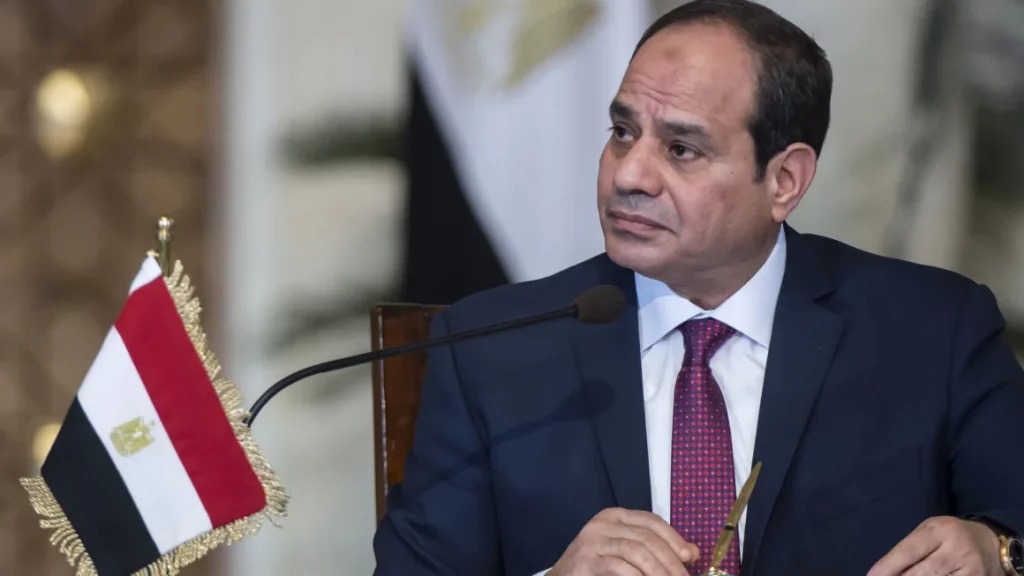Human rights organizations and activists are urging Egypt’s President Abdel Fattah al-Sisi to reject a newly passed asylum law that could severely limit the rights of refugees and asylum seekers in the country. On November 19, 2024, the Egyptian parliament approved the law, which would transfer the responsibility for registering asylum claims from the UN Refugee Agency (UNHCR) to the Egyptian government. Critics warn that the law undermines international refugee protections and leaves asylum seekers at greater risk of abuse.
Amnesty International has called the new law “deeply flawed” and raised concerns about its failure to explicitly prohibit deportation to countries where refugees face harm, a principle known as non-refoulement. This issue is especially concerning as Egyptian authorities, including EU-funded Border Guards, have been detaining and deporting Sudanese refugees who fled to Egypt to escape armed conflict in their home country.
Mahmoud Shalaby, Amnesty International’s Egypt researcher, urged President al-Sisi to return the law to parliament for amendments. He called for consultations with refugee communities, human rights groups, and other stakeholders to ensure the law aligns with Egypt’s international obligations. Shalaby also called on the European Union to intervene, stressing that its partnerships with Egypt on migration must include robust human rights safeguards.
The law has been criticized for imposing a 45-day deadline for asylum seekers entering Egypt irregularly to apply for refugee status. Missing this deadline could result in imprisonment, fines, or deportation. Experts argue that this rule is unrealistic, given the difficulties refugees face in navigating legal systems or accessing the necessary resources to submit their claims. Vulnerable individuals, including survivors of trafficking or torture, are particularly at risk under this provision.
Other controversial aspects of the law include broad exclusion clauses that could deny refugee status to individuals accused of “serious crimes” or activities deemed threats to national security. Critics point out that these terms are poorly defined and could be misused to target political dissidents or those accused of violating undefined “Egyptian values.” Such vague criteria leave refugees at risk of unfair treatment and deportation.
The asylum process itself raises serious concerns. Under the new law, asylum seekers will not have guaranteed access to legal representation or translation services. They also lack the ability to appeal decisions or challenge their detention in a meaningful way. The national asylum system will be managed by a government committee linked to the prime minister’s office, which many fear will not operate with transparency or fairness.
Egypt currently hosts a significant refugee population, with over 800,000 individuals officially registered with the UNHCR as of October 2024. However, the Egyptian government claims the country is home to nine million refugees, a figure that conflates refugees with other migrants. Since the conflict in Sudan erupted in April 2023, over a million Sudanese people have fled to Egypt, but many face harsh conditions, including mass arrests and forced deportations.
Despite these challenges, the European Union has continued to deepen its migration partnership with Egypt. In 2022, the EU signed an €80 million agreement to enhance Egypt’s border control capabilities, including support for the Border Guard Forces. Critics have warned that such agreements, which lack adequate human rights protections, could exacerbate abuses against refugees.
Activists and international organizations are now urging urgent reforms to the asylum law to ensure it respects refugee rights. They argue that Egypt must fulfill its obligations under international human rights and refugee law, providing safety and dignity to those fleeing persecution and conflict.

